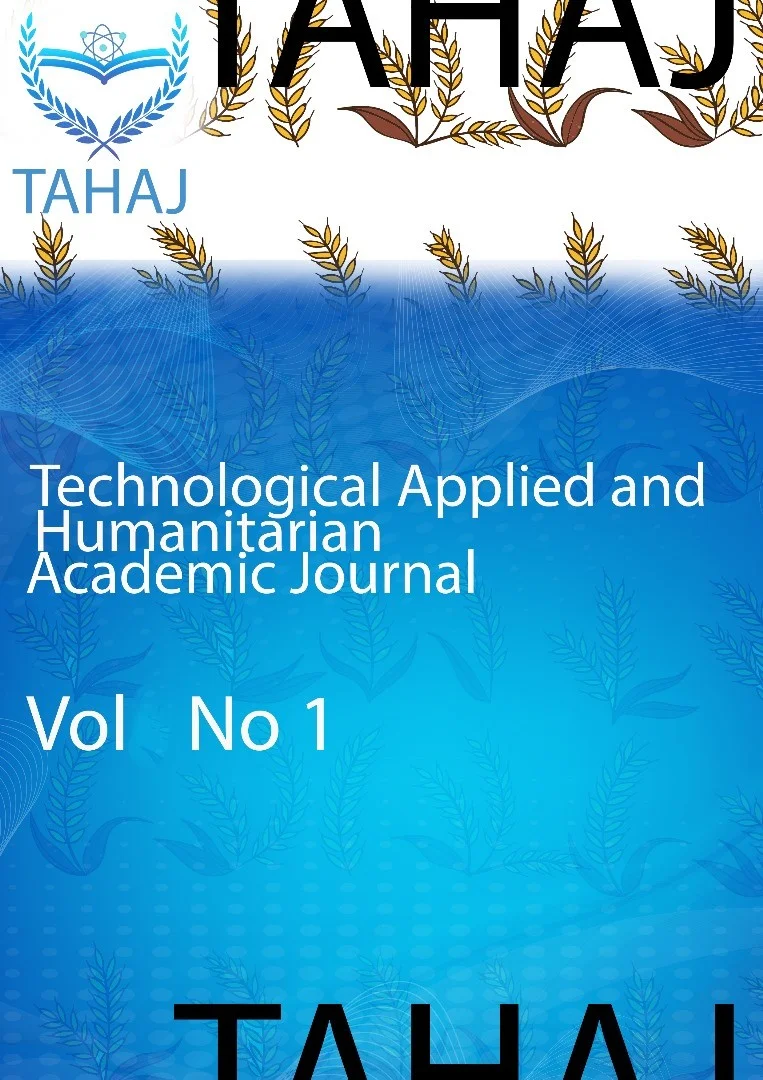The Role of Translation in Humanitarian Discourse: A Comparative Analysis of AI and Human Translations of UN Special Envoy Martin Griffiths' Speeches on Yemen
Keywords:
Humanitarian Discourse, AI Translation, Human Translation, Emotional Intensity, Yemen CrisisAbstract
Abstract:
This research paper aims to compare artificial intelligence and human translations of UN Special Envoy Martin Griffiths' speeches on humanitarian issues in Yemen, focusing on emotional urgency, cultural nuances, and ethical appeals. When describing the process of translation, it was found that AI translated many of the most urgent instances in a neutral manner, revealing some translation challenges with idiomatic phrases leading to neutral tones that fall short of moral imperatives. In contrast, human translators have more effectively preserved urgency, emotional impact, and cultural specificity, which are orientations needed to mobilize an international action. Hence, the findings show AI translators' limitations in handling politically sensitive texts, thereby reinforcing the irreplaceable role of human translators in crisis communication. Recommendations include retraining AI on culturally annotated datasets and hybrid workflows that integrate AI with human input. This research raises serious ethical concerns about maintaining humanitarian discourse, empathy and accountability and suggests further greater investigation into technologically assisted multilingual advocacy.

